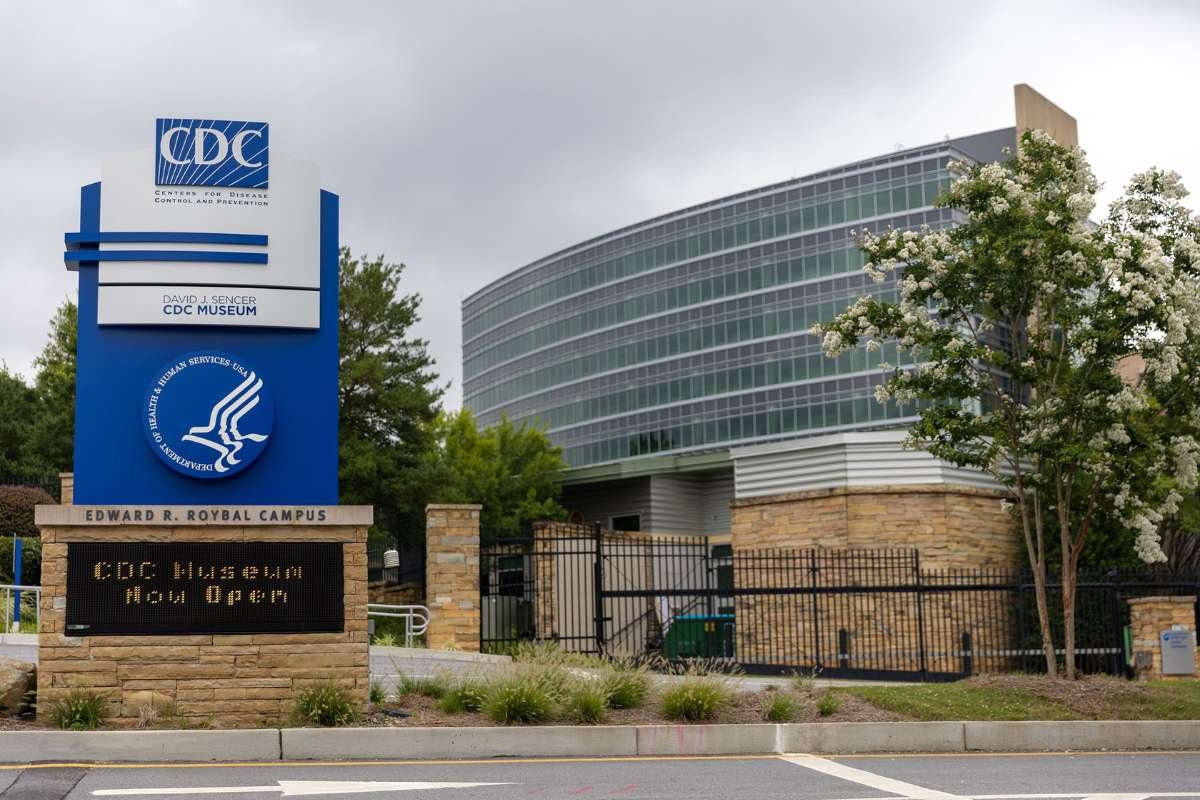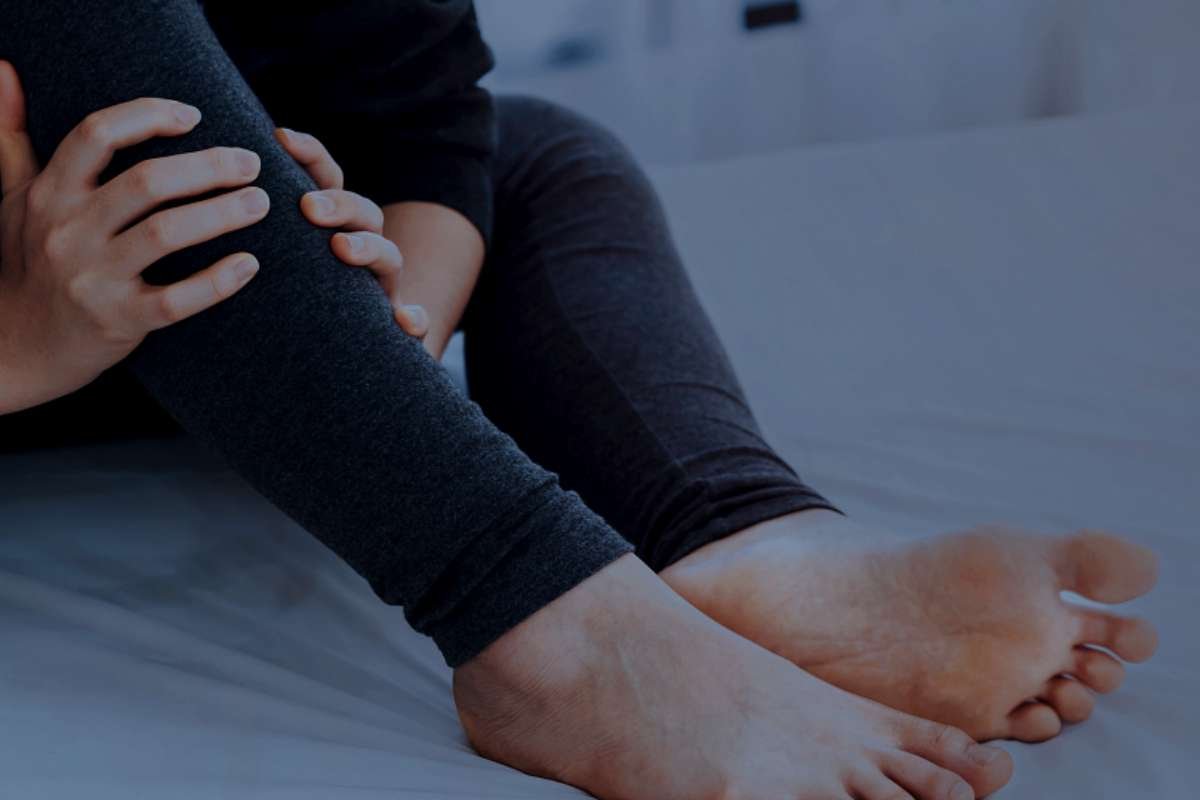The human body is made of 70% water, and that itself states the importance of water in our daily lives. A good amount of water intake helps you maintain your overall health and well-being. You might have observed it a million times, but any nutritionist or doctor always advises you to stay adequately hydrated to regain your health. So here is the million-dollar question- how much water do we actually need? And no, the answer is not as simple as the famous “8×8” rule (8 eight-ounce glasses of water a day).
In this article, we will debunk common misconceptions surrounding the adequate water intake amount, shedding light on the factors that influence our individual hydration needs.
Here are 10 Misconception Regarding the Adequate Water Intake Amount:
Misconception 1: One Size Fits All
The “8×8” rule is one of the most pervasive misconceptions about water intake. It suggests that everyone should consume eight 8-ounce glasses of water daily, totaling about 2 liters or half a gallon. However, this one-size-fits-all approach fails to consider the significant variability in individual hydration requirements.
Our water needs are influenced by factors such as age, sex, body weight, activity level, climate, and overall health. A petite sedentary person may not need the same amount of water as a tall athlete training in hot weather. Hence, it is essential to tailor your water intake to your unique circumstances.
Misconception 2: Thirst Is a Reliable Indicator of Hydration
Many people believe that thirst is a reliable signal for when to drink water. While it’s true that our bodies are equipped with a thirst mechanism to prompt us to drink when we’re getting dehydrated, this mechanism isn’t foolproof.

As we age, our ability to sense thirst may diminish, making older individuals more susceptible to dehydration. Furthermore, some medical conditions and medications can interfere with our thirst sensation. Relying solely on thirst can lead to chronic dehydration in certain situations.
Misconception 3: Clear Urine Always Indicates Proper Hydration
Another commonly held belief is that clear urine is a sign of adequate hydration, while darker urine means you need more water. While urine color can provide some insight into your hydration status, it’s not the only factor to consider.
Urine color is influenced by various factors, including diet, medications, and the presence of certain medical conditions. It’s possible to have clear urine even when you’re not fully hydrated, especially if you’ve recently consumed a large volume of water. Conversely, dark urine doesn’t always indicate dehydration; it can also result from consuming certain foods or medications.
Misconception 4: Coffee and Tea Dehydrate You
For years, coffee and tea have been unjustly accused of causing dehydration due to their mild diuretic effect. Diuretics increase urine production, which might seem like it would lead to dehydration. However, the diuretic effect of coffee and tea is relatively weak and doesn’t outweigh their hydrating properties.
Studies have shown that caffeinated beverages can contribute to your daily fluid intake and don’t significantly dehydrate you if consumed in moderation. So, that morning cup of coffee or tea can count towards your daily water intake.
Misconception 5: Fruits and Vegetables Don’t Contribute to Hydration
When people think about hydration, they often focus solely on beverages. However, a substantial portion of our daily water intake comes from the foods we eat, particularly fruits and vegetables. Many fruits and veggies have high water content, making them excellent choices for staying hydrated.
Cucumbers, watermelon, oranges, and strawberries, for instance, are packed with water and can help contribute to your daily hydration needs. So, it’s not just about what you drink; it’s also about what you eat.
Misconception 6: You Need to Force Yourself to Drink Water
Some individuals believe that they should force themselves to drink water, even if they’re not thirsty. While it’s essential to stay hydrated, excessive water consumption without regard to your body’s signals can lead to a condition called water intoxication or hyponatremia, where the balance of electrolytes in your body is disrupted.

It’s important to listen to your body’s cues. If you’re not thirsty, there’s no need to force yourself to drink excessive amounts of water. Simply drink when you’re thirsty, and be mindful of the factors that may increase your fluid needs, such as exercise or hot weather.
Misconception 7: You Can’t Overhydrate
While staying hydrated is crucial, it is possible to overhydrate. This is particularly relevant for athletes and endurance enthusiasts who engage in prolonged and intense physical activity. Drinking excessive amounts of water without replenishing electrolytes lost through sweat can lead to a condition known as exercise-associated hyponatremia.
This condition can be life-threatening and is characterized by low blood sodium levels. It’s crucial to strike a balance between staying hydrated and ensuring you’re replenishing lost electrolytes during prolonged exercise.
Misconception 8: All Fluids Are Created Equal
Not all fluids are equal when it comes to hydration. While water is an excellent choice, other beverages may have varying effects on your hydration status. For example, sugary sodas and alcoholic beverages can have a diuretic effect and may lead to increased fluid loss.
On the other hand, sports drinks can be beneficial during intense exercise, as they contain electrolytes that help replace those lost through sweat. It’s essential to choose your beverages wisely and consider the context in which you’re consuming them.
Misconception 9: Hydration Is Only Important in Hot Weather
Hydration is not solely dependent on the external temperature. While it’s true that you may sweat more in hot weather, leading to increased fluid loss, your body’s hydration needs are influenced by various factors.
Indoor environments with artificial heating or cooling, as well as high-altitude locations, can also affect your hydration requirements. Additionally, physical activity, illness, and even pregnancy can impact your daily fluid needs. Therefore, it’s important to maintain proper hydration year-round, not just in hot weather.
Misconception 10: Adequate Hydration Is Only About Water
While water is the primary source of hydration, it’s not the only way to stay adequately hydrated. Other beverages like herbal teas, milk, and even certain foods, as mentioned earlier, contribute to your overall fluid intake. The key is to maintain a balanced diet and choose a variety of hydrating foods and beverages.

Concluding, adequate water intake is a concept that is more complex than any kind of misconceptions might suggest. The hydration needs of an individual can be influenced by many factors. And certainly, there is nothing like one size fits all. Proper hydration starts with listening to your body’s signals and considering the unique circumstances. You also need to make informed decisions about the fluids that you consume. By debunking these misconceptions, we can foster a more accurate understanding of our hydration requirements and promote healthier habits for a well-hydrated life.
Also Read: Drink Up! Hydration Tips to Ensure Your Child Drinks Enough Water








